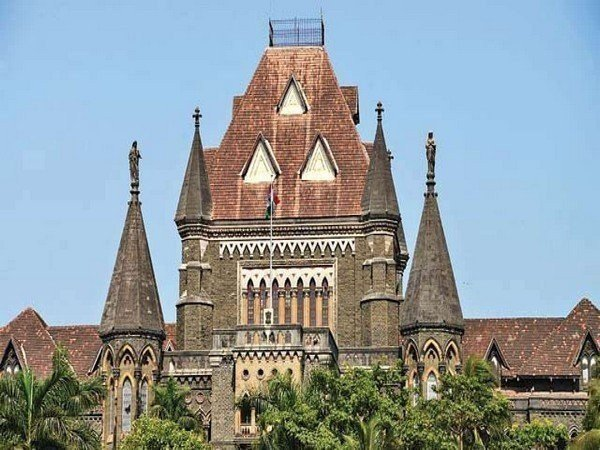The Supreme Court has stayed the Bombay High Court acquittal judgement in which it said that touching the breast of a minor girl on top of clothes cannot be termed as sexual assault under the POCSO Act. It is necessary to have skin to skin contact. This decision of the High Court was challenged in the Supreme Court by the Youth Association. A bench headed by Chief Justice SA Bobde issued notice to the accused seeking reply in two weeks.
Also read: SC Court Gives Green Signal To Central Vista, Know Here Everything About This 865 Crore Project
What was the case?
The matter is of Nagpur. The case was filed on behalf of a 16-year-old girl living there. She was 12 years old and the accused’s age was 39 at the time of the incident. According to the victim, in December 2016, accused Satish took her home on the pretext of giving her food. Tried to touch her breast and stripped. The sessions court had sentenced him for three years under the POCSO Act and one year under section 354 of the IPC in this case. These two sentences were to go together.
HC female judge changed that decision

The matter reached the Bombay High Court. On January 19, Justice Pushpa Ganeediwala of the Nagpur Bench of the Bombay High Court had said that just touching the breast over the top of the cloth cannot be called sexual assault. Justice Ganeediwala amended the judgment of the sessions court, acquitting the convict from the sentence given under the POCSO Act while upholding the one-year imprisonment heard under Section 354 of the IPC.
What is the POCSO Act?

As per the Ministry of Women and Child Development, the POCSO Act, 2012 is a comprehensive law to provide for the protection of children from the offences of sexual assault, sexual harassment and pornography, while safeguarding the interests of the child at every stage of the judicial process by incorporating child-friendly mechanisms for reporting, recording of evidence, investigation and speedy trial of offences through designated Special Courts.
